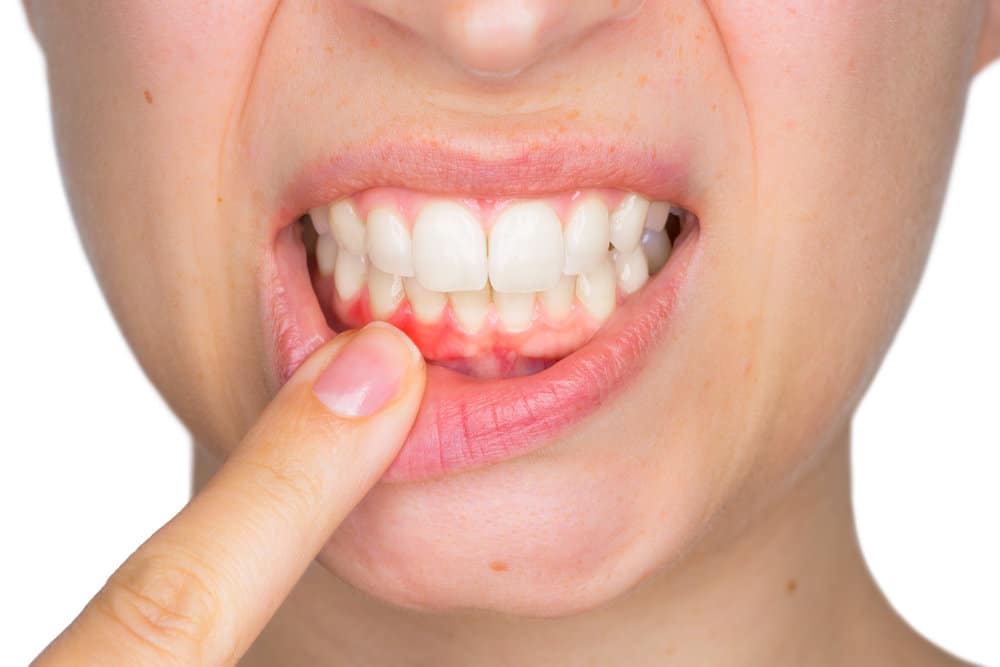I delve into the profound significance of lifelong oral health through the expert insights of Neil Sikka, the esteemed Chief Dental Officer at Bupa UK Insurance and Director of Dentistry at Bupa Dental Care.
With a wealth of experience as a practising dentist at Bupa Dental Care, Mr. Sikka’s perspectives offer invaluable insights into the enduring importance of oral health across the lifespan.
Open wide to holistic health
As the mouth is the gateway to your entire body, poor oral health can lead to several problems, such as gum disease which is linked to heart issues and difficulty eating, which can impact nutrition. This is because the mouth is a breeding ground for harmful bacteria.
However, good dental hygiene can significantly reduce the risk of cavities, gingivitis, periodontitis, and other dental problems.
This, in turn, can reduce the risk of secondary problems caused by poor oral health, such as diabetes, heart disease, respiratory disease, and cancer—to name but a few.
What else can your dentist spot in your mouth
Diabetes
It’s well documented that people with diabetes are at a higher risk of developing gum disease.
Now, research[1] is starting to show that the link works both ways; gum disease and infection can increase your blood sugar levels.
They both influence each other, suggesting that if one has developed, there’s an increased risk of the other developing too.
Dentists are trained to identify odour coming from the teeth and gums. Certain smells mean different things; the smell of pear drops often indicates uncontrolled diabetes, which patients will need to see their doctor about.
Lung conditions
If your mouth contains a lot of bacterial plaque, theories suggest you could breathe this in and spread the bacteria to your lungs.
This could cause infection or aggravate existing conditions. It is more common in older people where it can cause aspiration pneumonia[2].
So, whilst dentists can’t diagnose whether a patient has a lung problem if they’ve got poor oral health, there is evidence suggesting that it might increase the risk of lung damage, which we make patients aware of so they can raise it with their GP.
Liver cancer and liver disease
A study has shown that poor oral health is linked to a 75% increase in liver cancer risk. The liver contributes to the removal of bacteria, so it is thought that when the liver is affected by diseases, such as hepatitis, cirrhosis, or cancer, its function will decline.
Bacteria will survive for longer and potentially cause more harm. Some bacteria have been found to originate in the oral cavity.
As dentists, we have access to patient’s medical records, so we can determine if someone is suffering from liver disease and be more vigilant about how bacteria in an individual’s mouth could be affecting their wider health.
We can also emphasise the importance of maintaining a good oral health routine to help fight bacteria.
Heart disease and strokes
While there are no recognisable signs in the mouth, links have been established between inflammatory markers (signs of body-wide inflammation) found in the bloodstream of those with chronic gum disease and those who have suffered from strokes and heart disease.
When I see a patient who has these conditions or has suffered from them before, I will stress the importance of maintaining good oral health even more.
I suggest to any patients who fall into this group that it’s even more vital to visit their dentist and hygienist regularly.
Stress and anxiety
Teeth grinding is when you grind, gnash or clench your teeth when you’re awake or asleep, resulting in teeth wear.
Although lots of people grind or clench their teeth occasionally, when it becomes a long-term habit, it can seriously impact the health and appearance of your teeth and lead to problems with your jaw joint and bite.
Damaged or worn-down teeth, sensitive teeth, broken or cracked teeth, and broken fillings are all symptoms of teeth grinding or clenching, which can be caused by stress and anxiety.
Menopause
Many women may not be aware that their oral health can be affected during menopause.
Changing hormone levels make them more susceptible to oral health problems such as dry mouth, gum disease, osteoporosis and weakness in the jawbone, and burning mouth syndrome.
Some women may need to improve their oral health and hygiene routines and make lifestyle changes to prevent some of the problems associated with menopause.
Dentists and hygienists can offer support and help women make changes for the better.
Mouth cancer
People should look out for a few signs and symptoms of mouth cancer. These generally include mouth ulcers that don’t heal after a 2-3 week period, or unexplained lumps both in the mouth and swollen lymph glands in the neck.
Other symptoms may include difficulty swallowing that lasts for a few weeks, red or white patches in the mouth, teeth becoming loose for any unexplained reason or unexplained bleeding or numbness in the mouth.
It’s important to remember that all these signs can also have a normal explanation, but if they concern you or are persistent, then you should visit your dentist for a professional check-up.





